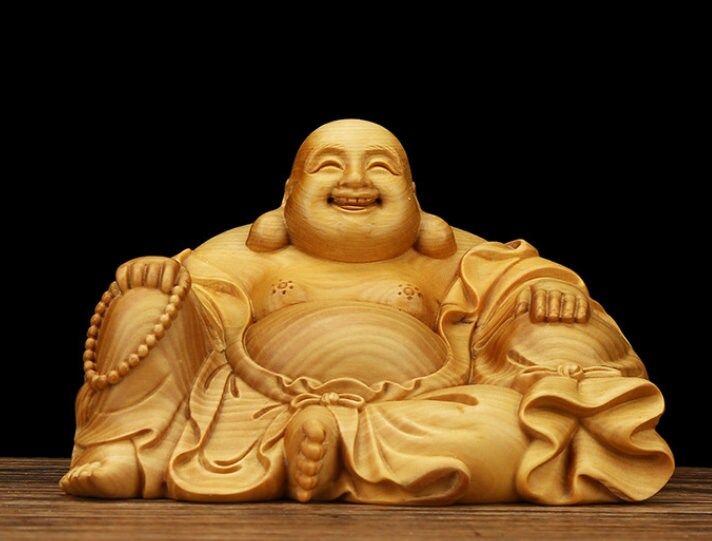Please note: this is an essay of my own understanding of this precept, and it may be interpreted differently by others. But as Buddhists, our intent matters just as much as our actions.
As a Buddhist, we all must follow the five basic precepts (similar to how Christians must follow the ten commandments), which are as summarized:
Refrain from taking life. Not killing any living being.
Refrain from taking what is not given. Not stealing from anyone.
Refrain from the misuse of the senses. Not having too much sensual pleasure.
Refrain from wrong speech.
Refrain from intoxicants that cloud the mind.
In this article, I want to quickly address the precept: “Refrain from wrong speech”, which I have learned as “No False Speech”. It translates to always telling the truth, but furthermore, no idle speech, no gossiping about others, etc. I must admit that you can find this as a distinction between eastern and western culture. Having grown up on a few kung fu movies, we always note that the protagonist is honest, sometimes to a fault. Truth is sometimes hurtful, but only to those who lack self-awareness. However, in Western media, sometimes compassionate dishonesty is revered. And this is where the discrepancy lies. If you look at the basis of ALL the dramas, the drama is often created through dishonesty and lies. I’m sure many who enjoy (or do not enjoy) dramas, find that usually everything in the drama can be solved by telling the truth. But that would make for a boring TV show indeed. It would turn a 13 part series of hour long episodes into a 2 minute clip. And the GOOD dramas tend to frame dishonesty in terms of compassion, making the story more complex.
In fact, Grandmaster Lu (2019) has even mentioned in his writings that: “One who studies and practices Buddhism should take note of the Buddha’s words:
Speak truthfully.
Speak accurately.
Speak the way it really is.
Speak without deceit.”
When we break this precept, we create our own drama, to the point where Grandmaster even wrote an ENTIRE book on the effect of “Speaking deceitfully. Making baseless accusations. Talking nonsense. Telling lies. Speaking inaccurately. … Speaking recklessly.”
Does that mean that all truths hurt? Not necessarily. I will use a personal example (with permission from my friend). He asked me lately: “Have I gained weight?” The truth is he had, but there were several underlying circumstances. His life stress had increased, as had his anxiety, and as a stress-eater, there was only one outcome. But I think I can divide the response into four possible categories, based on a spectrum between compassionate and uncompassionate, and honest and dishonest.
Uncompassionate and dishonest: “No. You haven’t gained any weight. It’s not like you really eat healthy anyways.”
Uncompassionate and honest: “Yes. I can see you’ve gained weight, your food choices aren’t healthy.”
Compassionate and dishonest: “No. You look fine.”
Compassionate and honest: “To be honest, you have, but you’ve also undergone a lot of stress lately, and you eat to cope. Perhaps we can help you relieve your stress somehow, or maybe change your food choices?”
Some might say to maintain his self-esteem, perhaps you shouldn’t compound feelings of physical inadequacy on top of his suffering. But here is the long-term compassion found in being honest: 1) the truth encourages people to truthfully see themselves, and increases self-awareness, 2) even though there is a bit of suffering, knowing that there is still compassion in the relationships around you, you can change the habits to decrease suffering in the future. 3) Knowing that your loved ones still care for you despite your own short-comings creates a sense of security. I personally would rather know the hard truth than to be ignorant in a soft lie. Suffering is life (the first noble truth) and also all events in this lifetime are impermanent. Weight can just as easily be lost as it can be gained.
By Yvonne Wong, Ph.D.
References
Lu, S. (2019). Vicious Ghosts. US Daden Culture LLC.





